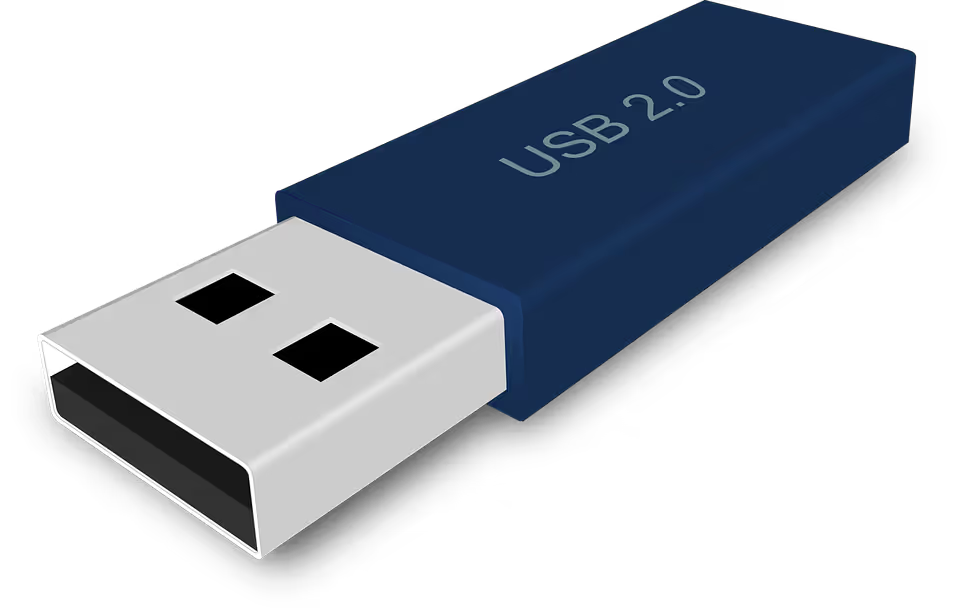By
OCD Tech
February 18, 2016
•
4
min read

If you found an innocuous looking USB flash drive lying around in some public area, would you pick it up? Would you plug it in?An experiment performed by the Computing Technology Industry Association (CompTIA) found that 1 in 5 people would plug that sucker right into their laptop. People may act out of curiosity, it may have even been a benevolent attempt to return the USB stick to it's owner, but in the real world, actions like these often preclude major security breaches.It's time to reconsider the role you play in your own cyber safety. Here's the scoop: in many cases, attackers rely on the user (that's you) to initiate or spread an attack. An attacker can only send an email, offer a malicious link, or leave a USB drive at a train station. Then, it becomes the fault of the user for opening, downloading, or plugging in. The most commonly exploited vector to compromise a system usually passes right through a human being.Instead of representing a major vulnerability, the actions of the user could represent another layer of security. Cybersecurity training should be an active, and ongoing part of any security policy. Furthermore, cybersecurity should be represented within a business culture. This sort of security cannot be bought, it can't be implemented simply, and it's implementation cannot be reliably measured. It relies on the instinct and actions of the user alone. Only when cybersecurity becomes part of daily business operations will the user base represent a security control that must be defeated by an adversary, rather than a vulnerability to be exploited.See: https://www.comptia.org/about-us/newsroom/press-releases/2015/10/26/find-a-flash-drive-pick-it-up-experiment-shows-how-lack-of-cybersecurity-knowledge-can-impact-organizations

Audit. Security. Assurance.
IT Audit | Cybersecurity | IT Assurance | IT Security Consultants – OCD Tech is a technology consulting firm serving the IT security and consulting needs of businesses in Boston (MA), Braintree (MA) and across New England. We primarily serve Fortune 500 companies including auto dealers, financial institutions, higher education, government contractors, and not-for-profit organizations with SOC 2 reporting, CMMC readiness, IT Security Audits, Penetration Testing and Vulnerability Assessments. We also provide dark web monitoring, DFARS compliance, and IT general controls review.
Contact Info
.svg)
OCD Tech
.svg)
25 BHOP, Suite 407, Braintree MA, 02184
.svg)
844-623-8324
.svg)
https://ocd-tech.com
Follow Us
Videos
Check Out the Latest Videos From OCD Tech!
Services
SOC Reporting Services
– SOC 2 ® Readiness Assessment
– SOC 2 ®
– SOC 3 ®
– SOC for Cybersecurity ®
IT Advisory Services
– IT Vulnerability Assessment
– Penetration Testing
– Privileged Access Management
– Social Engineering
– WISP
– General IT Controls Review
IT Government Compliance Services
– CMMC
– DFARS Compliance
– FTC Safeguards vCISO